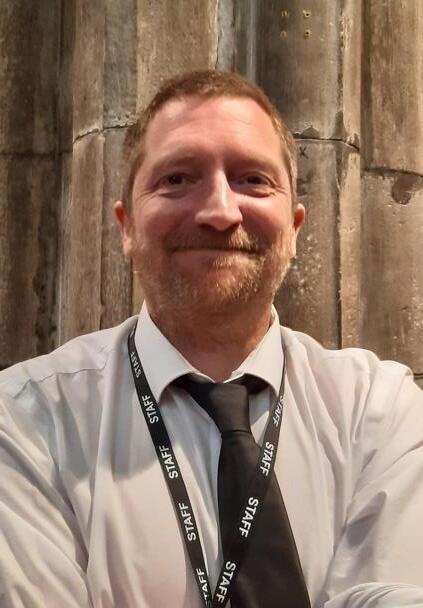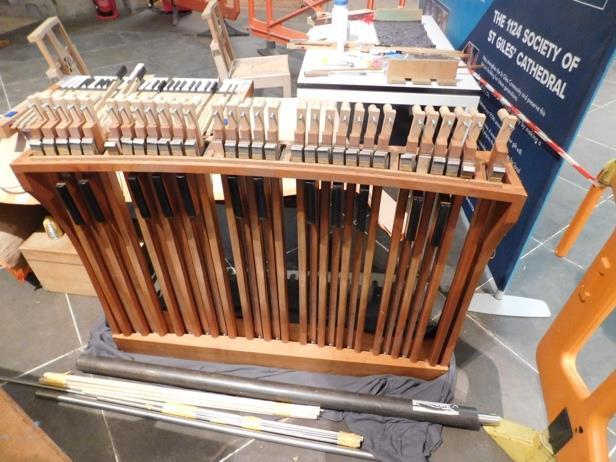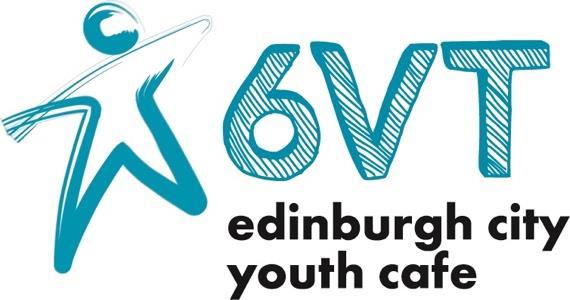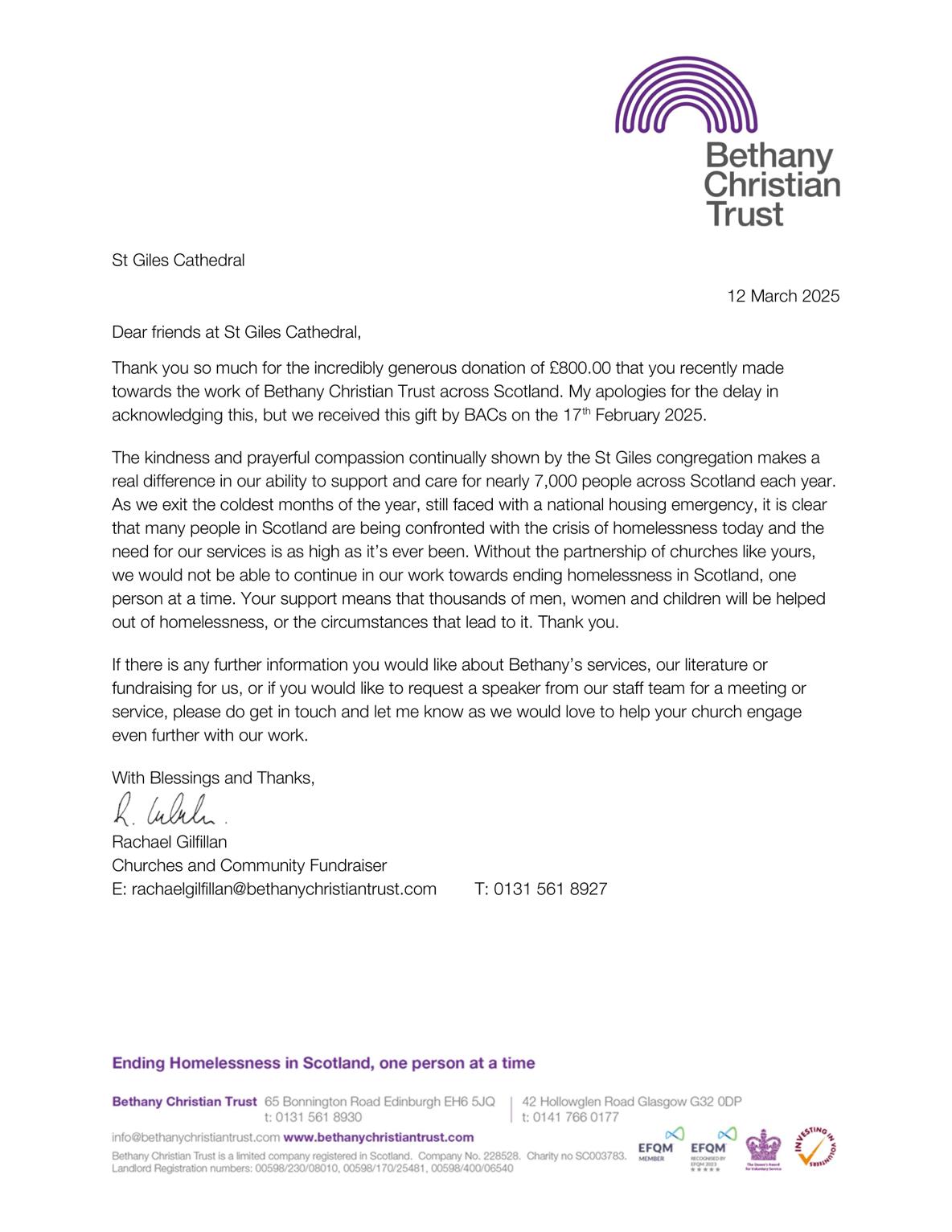
1 minute read
Reporting the pandemic

Under the Interfaith banner in this issue, I thought people may be interested to know that in the first stages of its work the UK Covid Inquiry sought evidence from the faith communities about the impact of the pandemic and any lessons which might be useful for future preparedness. The method the Inquiry adopted was to seek input from "umbrella organisations" namely Churches Together in Britain and Ireland (CTBI), the Muslim Council of Britain, the Hindu Council UK, the Sikh Council UK, the Jewish Leadership Council, FaithAction I was asked to be part of three person delegation from CTBI as I had a role in coordinating the response of faith groups in Scotland.
Advertisement
It was interesting but perhaps not surprising to find that there were many shared experiences and points of view across this diverse gathering
• Initial interaction with government was impaired by a lack of faith literacy among civil servants and politicians
• We could all say that for many people the pandemic and associated lockdowns and restrictions had harmed community life and broken the habit of attendance at worship
• The weakening of faith group life was still very noticeable with a reduced attendance, depleted financial reserves, the loss of some key volunteers and the permanent closure of some community buildings
• The pain caused by restrictions on hospital, hospice and care home visiting
• The lasting impact of restricted pastoral care bereaved and funeral attendance
• The damage done to the social development of children.
• Perhaps the only upside had been the development of online resources and closer cooperation between faiths
For lessons learned we talked about
• Building better relationships with government and each other in "good times" to underpin resilience and improve response if another pandemic were to strike
• Improving faith groups’ understanding of such legal requirements as health and safetysome failures were heavily exposed during the pandemic
• Ensuring that in any future lockdown scenario there was a more informed approach to the "balance of harms" methodology which decided the order in which premises were allowed to reopen
• The need for the UK government (in acting for England) to make better efforts to coordinate their messaging and decision making with the devolved authorities. This was especially important for organisations who had a presence in several jurisdictions
While on the subject of Covid it is perhaps worth saying that the Scottish Covid Inquiry is a bit further down the road and that I was asked, along with a couple of others, to provide a witness statement on behalf of the Church of Scotland
Rev Dr George Whyte










